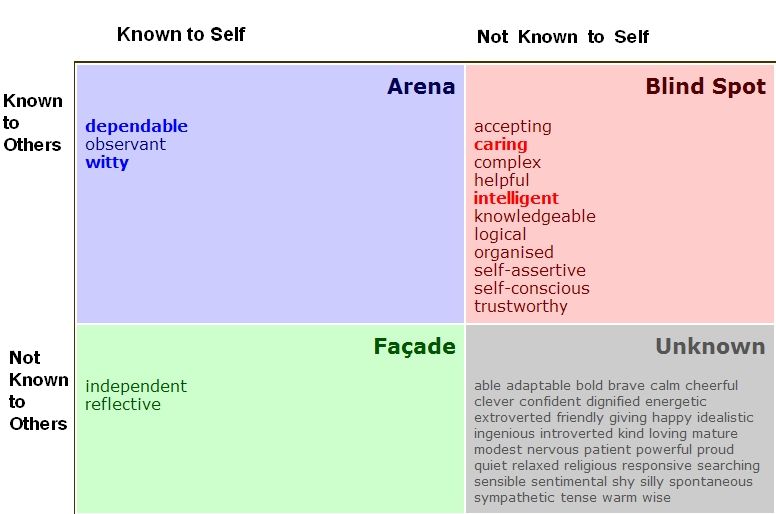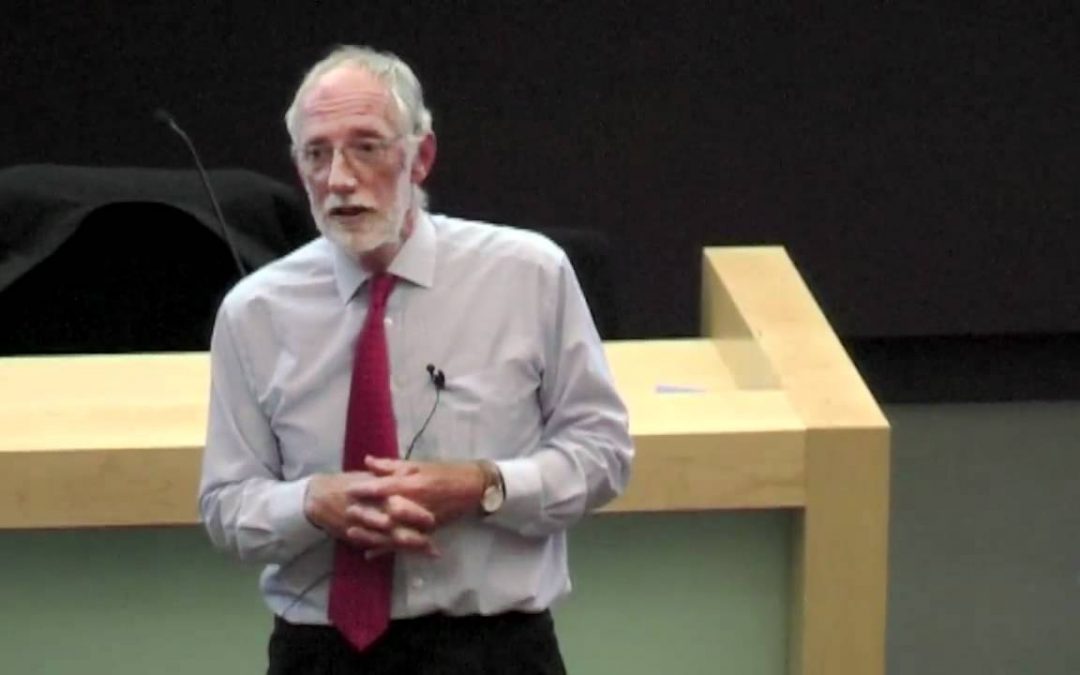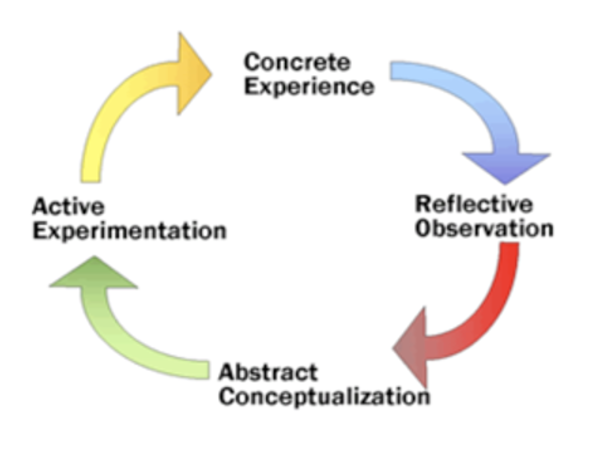
by Contributor | Sep 23, 2022 | Reflection
For millennia humans have solved extraordinary problems as well as taken advantage of great opportunities through the use of a variety of mental processes. These have been described by various names including meditation, contemplation, introspection and concentration...

by Atticus Atlas | Sep 13, 2022 | Reflection
They propose that as we reflect on new ideas and knowledge, we can stand back to gain new insights as patterns emerge to create a more holistic picture. Like seeing stars in the night sky – it can be difficult to see them at first – we see just a black sky...

by Atticus Atlas | Sep 13, 2022 | Reflection
Gibbs’ model is an effective tool to help reflect after a given experience, and is a useful model if new to reflection as it is broken down into clearly defined sections. Feelings: The practitioner is encouraged to explore any thoughts or feelings they had at the time...

by Atticus Atlas | Sep 13, 2022 | Reflection
Kolb developed a four-stage reflective model. His Learning Cycle highlights reflective practice as a tool to gain conclusions and ideas from an experience. First, practitioners have a concrete experience. This means experiencing something new for the first time in...

by Atticus Atlas | Sep 13, 2022 | Reflection
The Art of Self-Scrutiny The act of self-reflection is a ‘spiritual act’ by taking time out to connect the inner-self with the outer world. A view, Olsen suggests, that parallels Florence Nightingale’s thoughts that providing nursing care to others can be a spiritual...





